
Admissions Open House Monday, December 4
November 9, 2023
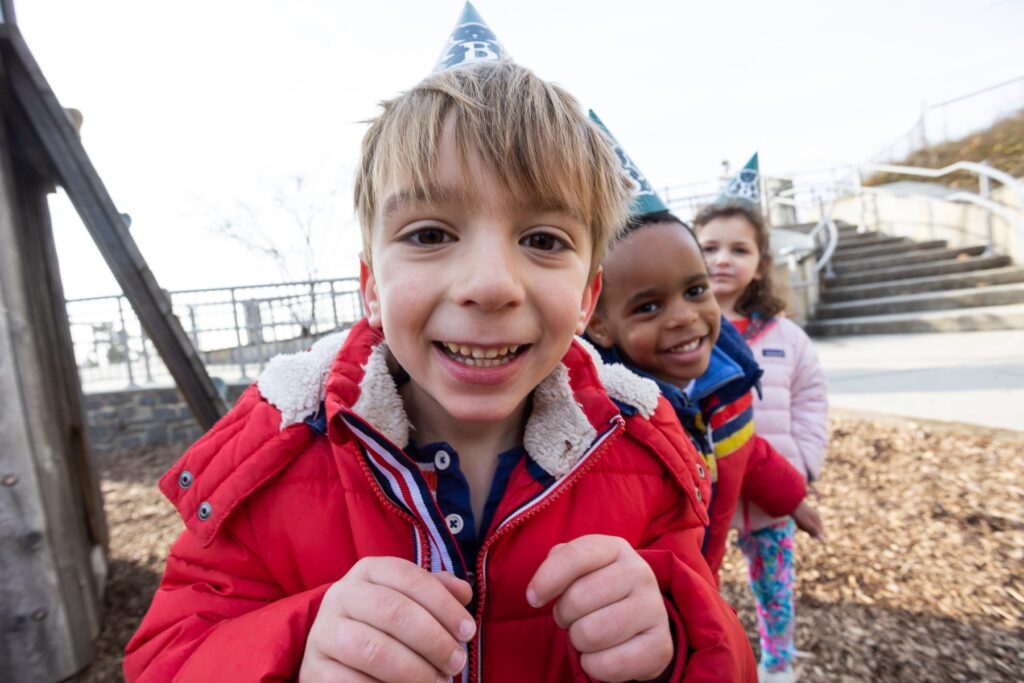
In pre-kindergarten, students participate in meaningful projects that allow them to develop, investigate, and answer questions using primary sources, including their own powers of observation. Their innate curiosity is nurtured and valued as an important driving force in the learning process.
Teachers choose subjects for projects that are engaging to young students, are able to be studied first-hand, and with which students already possess some background knowledge. Within these parameters, students learn how to learn and how to be active participants in the ongoing sense-making process.
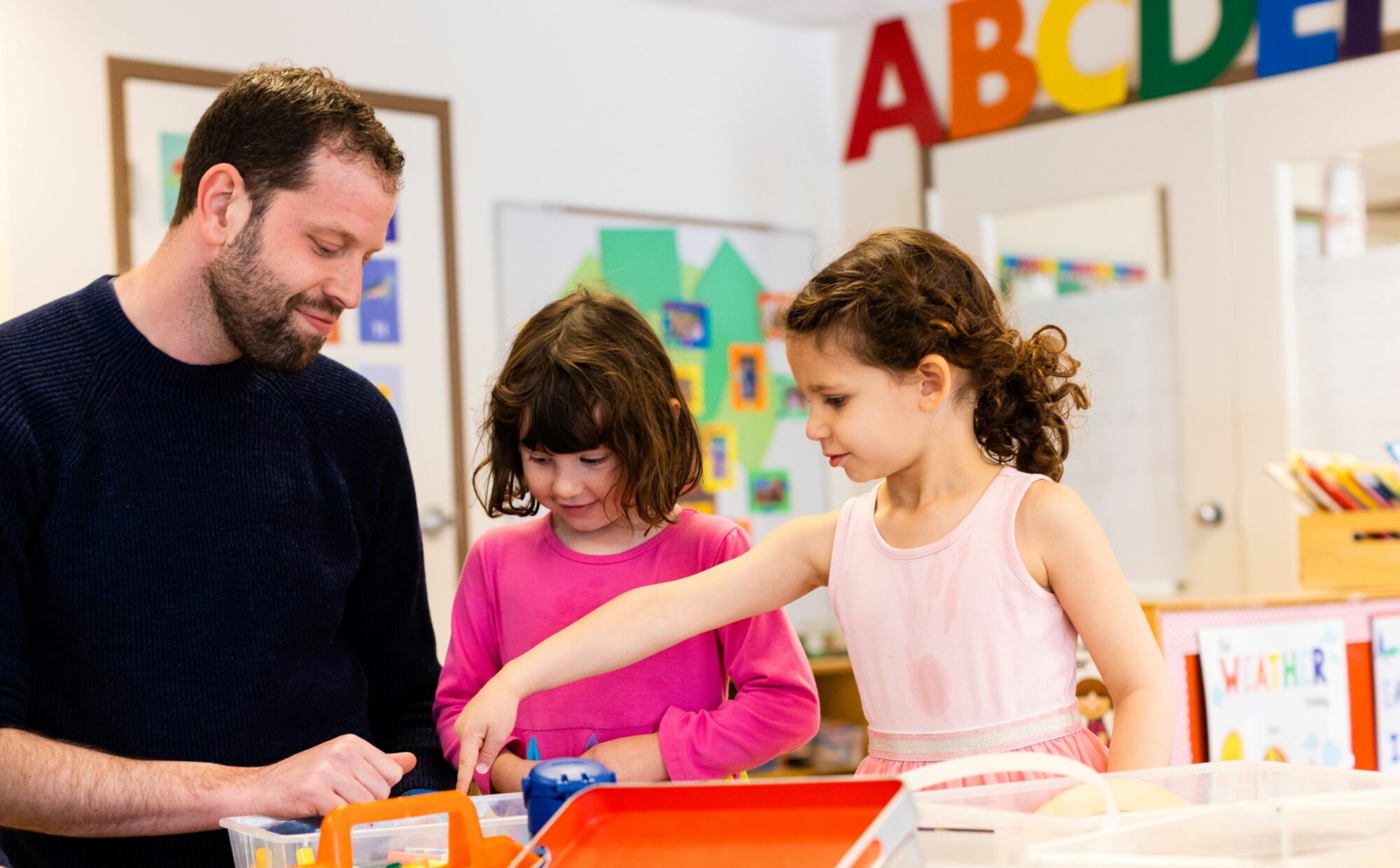

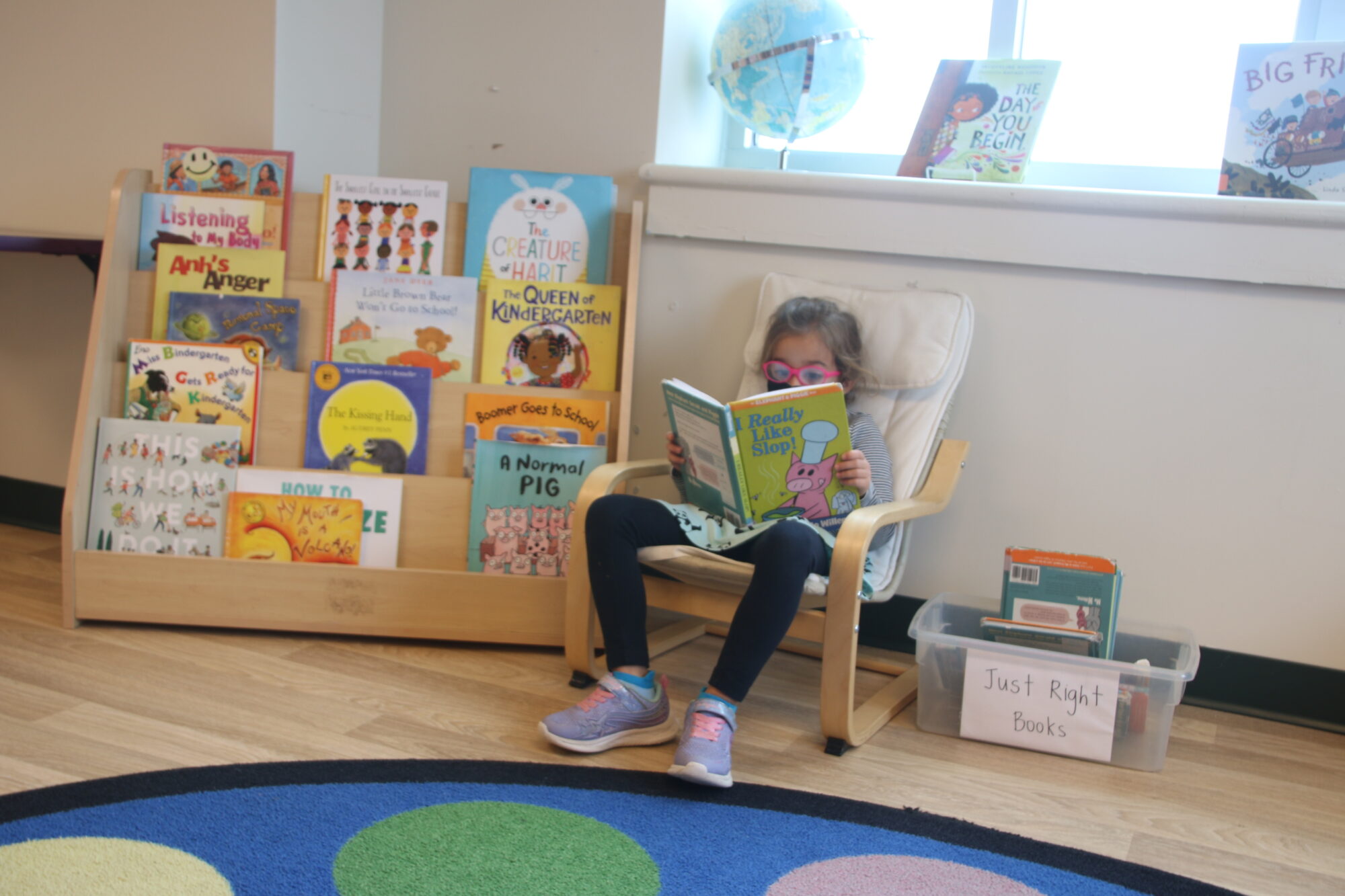

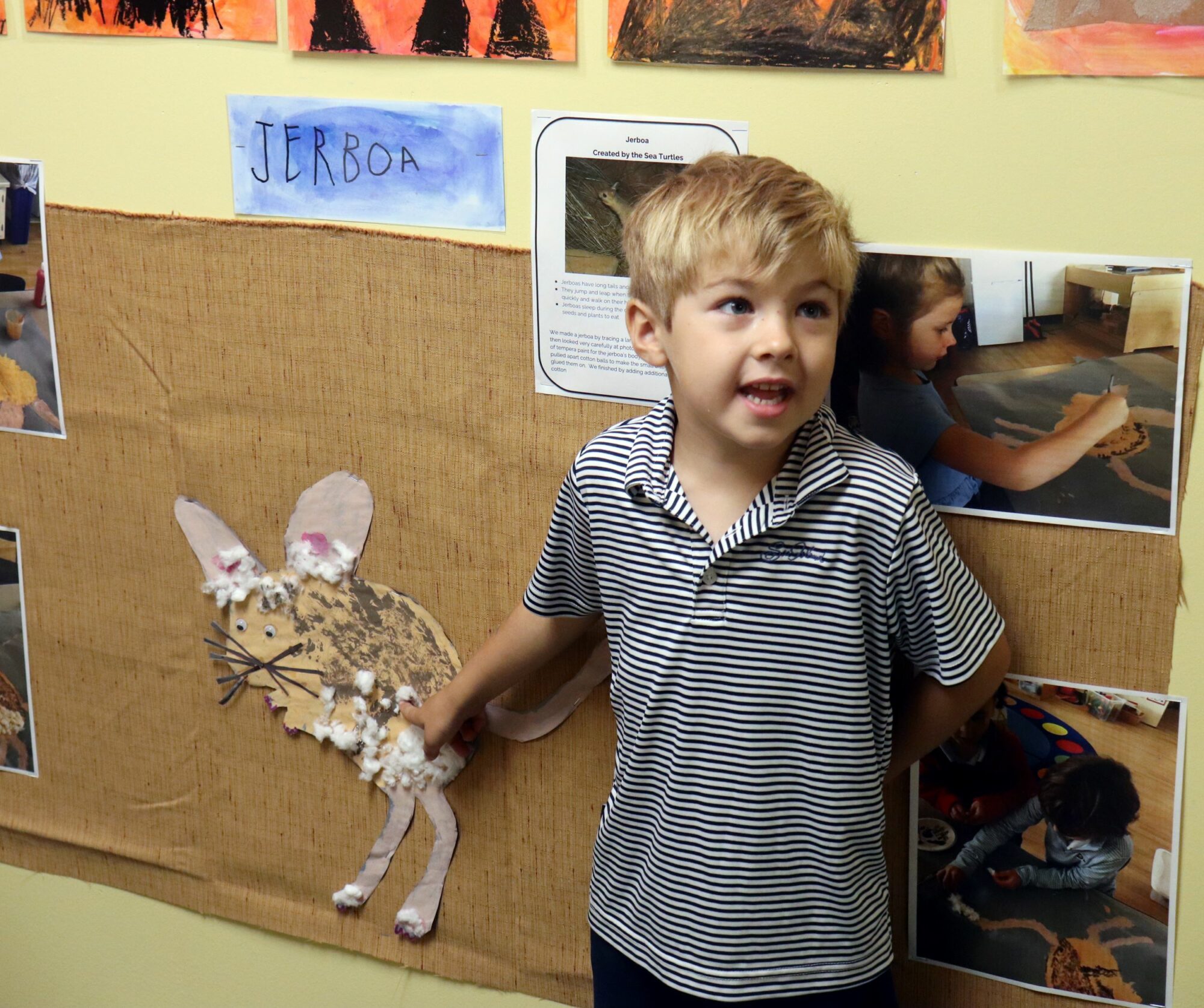

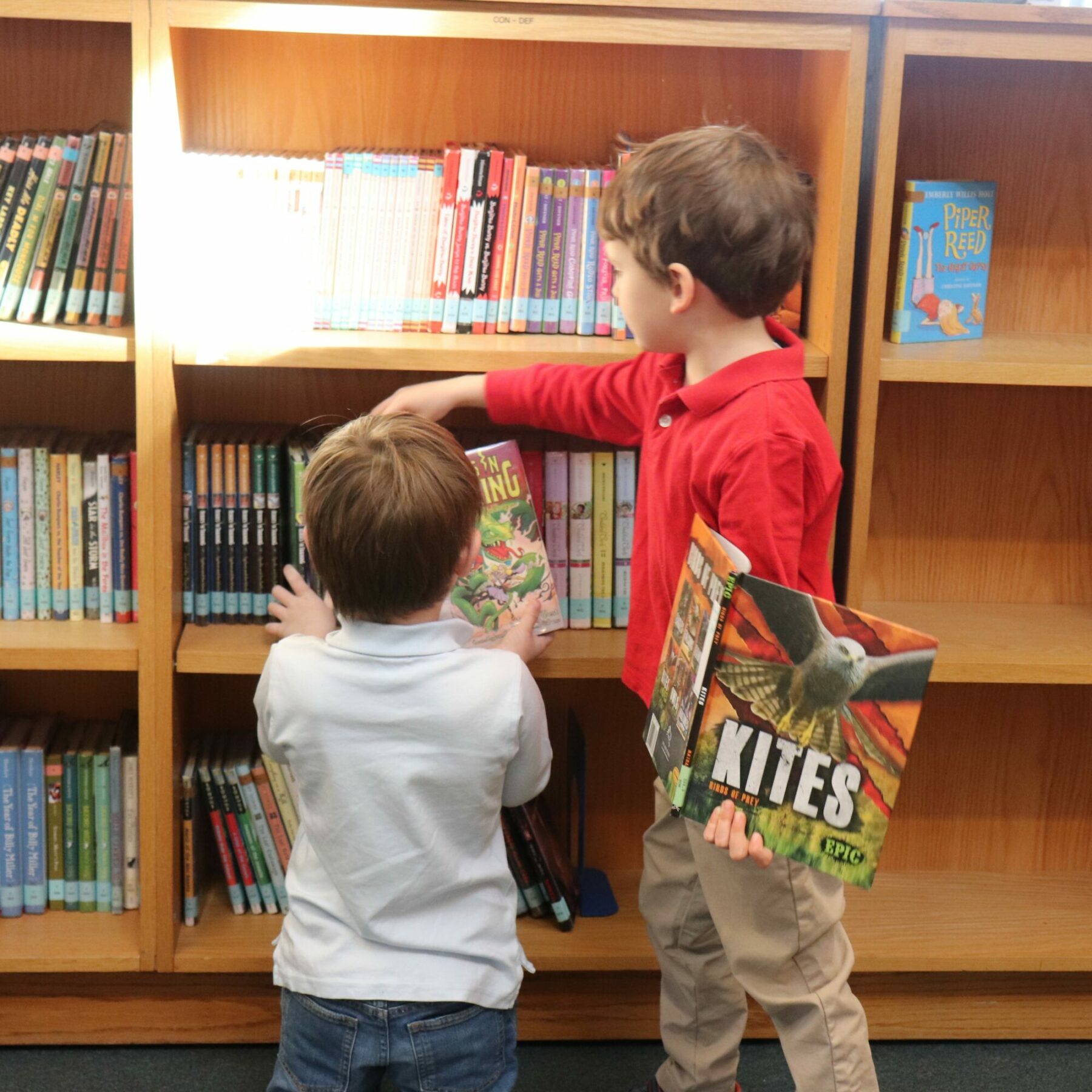

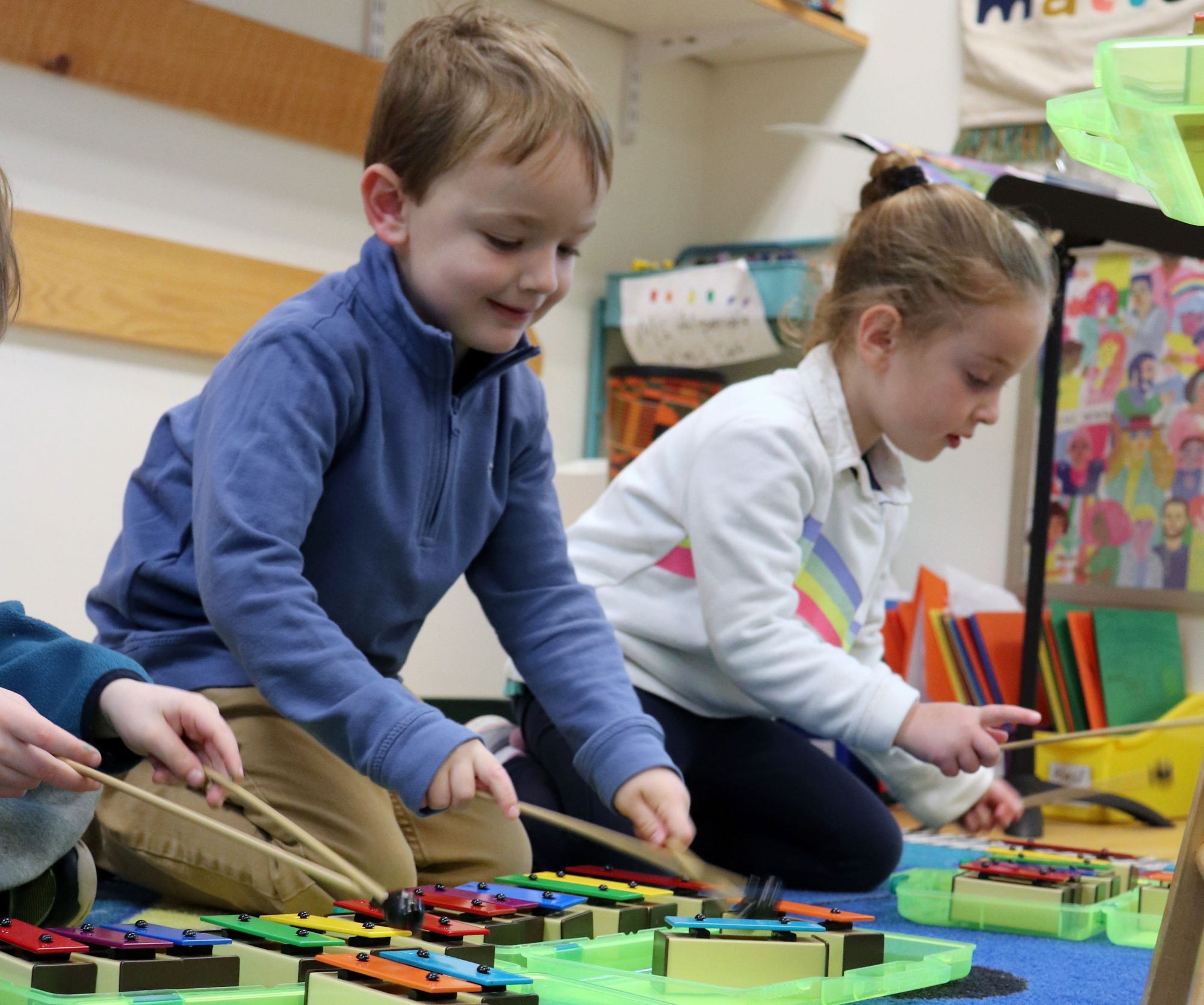

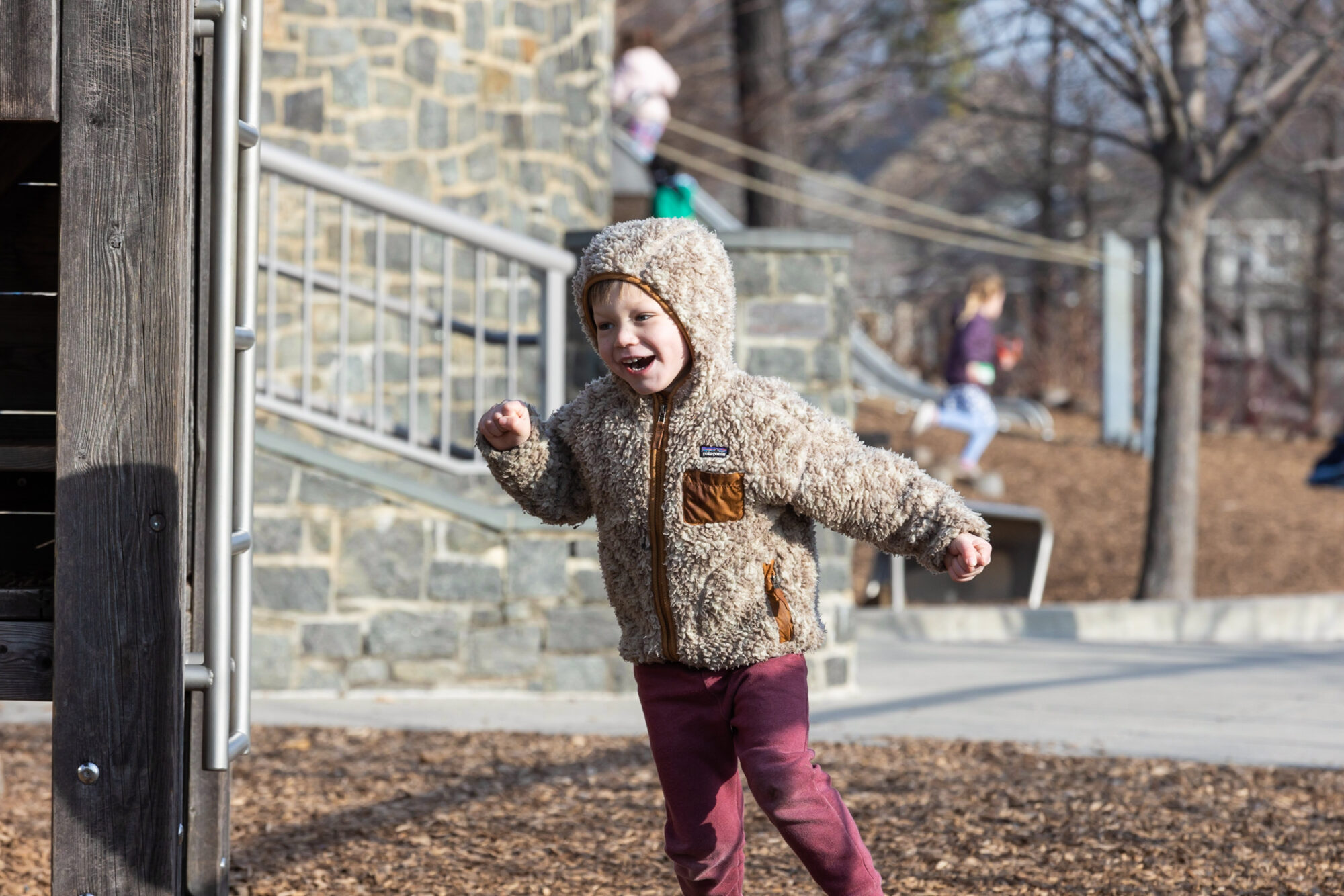

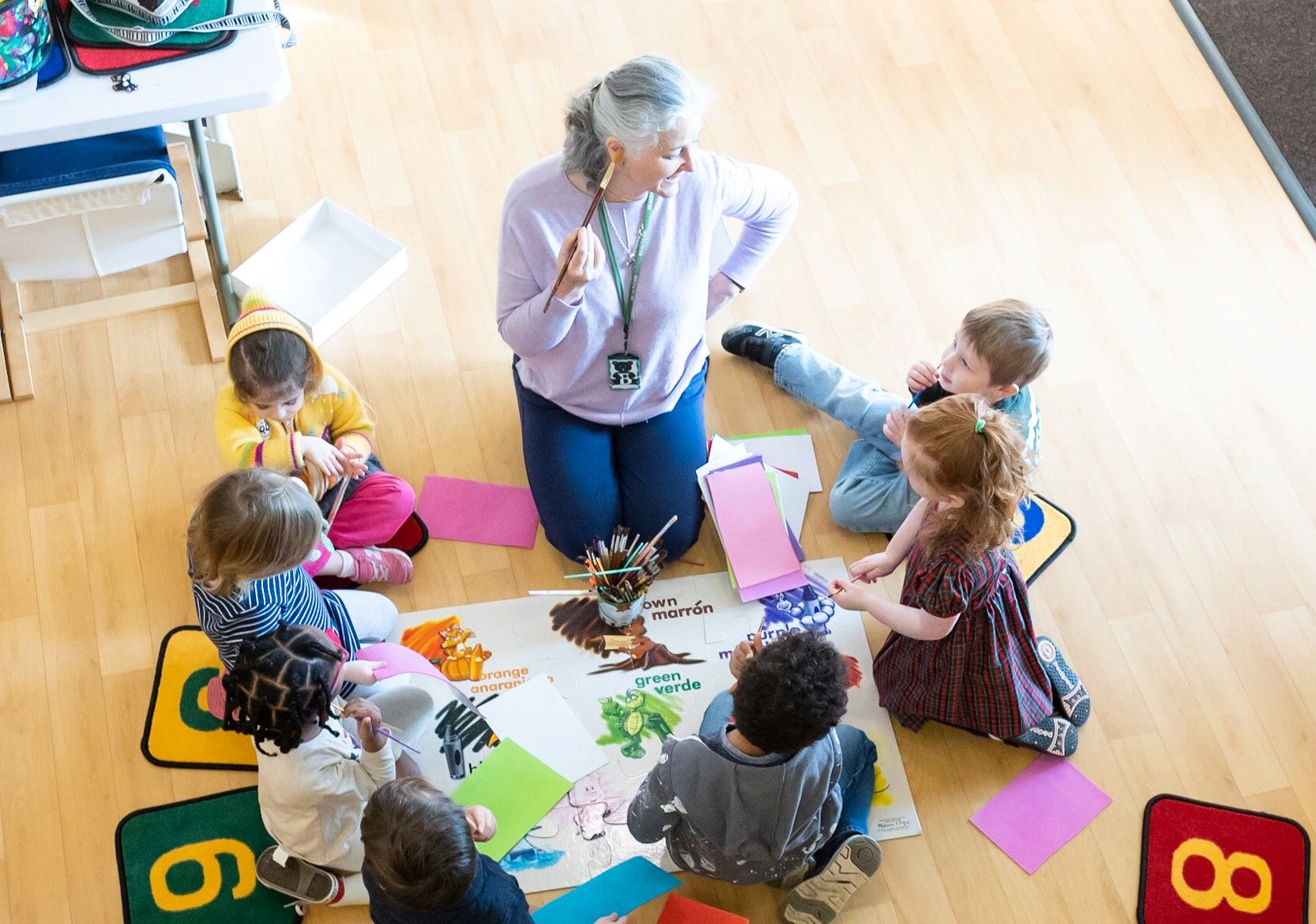

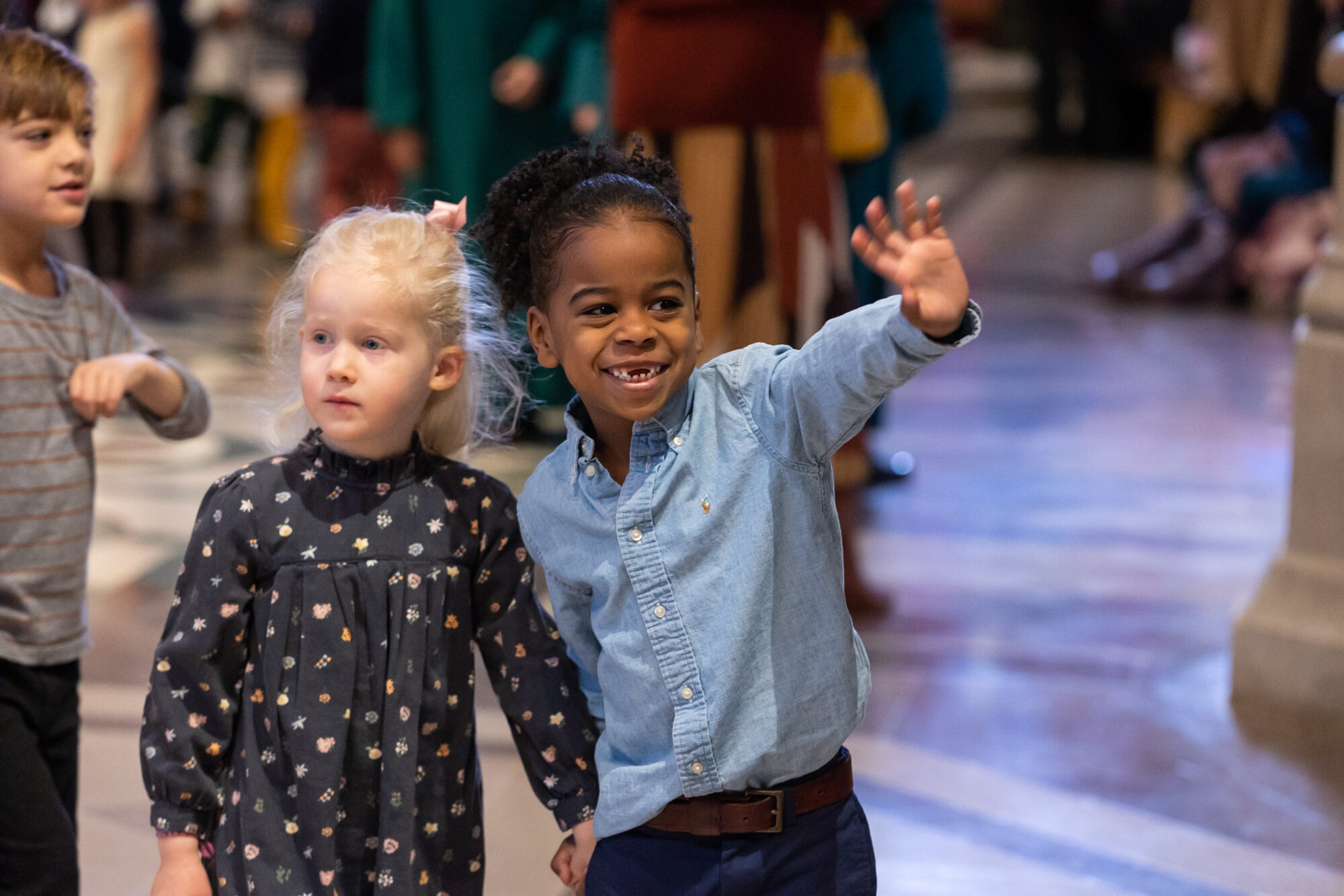



Harnessing children’s natural curiosity, our Pre-Kindergarten math program involves active exploration of the mathematics found in our everyday lives.
Students use concrete objects as they begin forming important concepts about the numbers in their world and are supported by teachers to foster a love of math.
Through regular routines of counting the days of school, examining quick images, counting the objects, solving math problems using the five- and 10-bead math racks, and participating regularly in small group math activities students are able to further develop their mathematical ideas to problem solve.


Reading
Students in pre-kindergarten are immersed in a language rich environment which enables them to develop foundational reading and writing skills.
The focus is building a solid framework in phonological awareness, alphabet knowledge and concepts of print. During daily phonological awareness activities, students play with language and blend and segment syllables, recognize rhyming words, and isolate the initial and final sounds in words.
Through read-alouds, teachers call attention to the authors and illustrators, and lead children in book discussions, analyzing story elements such as characters, setting, problem and solution.
Writing
Children learn to write by drawing pictures of their ideas and then dictating what they want to express. Correct letter formation and pencil grip are important skills that pre-kindergarten students are taught.
As students’ handwriting skills develop, they begin to experiment with writing their ideas independently, both during writing lessons and play workshops.


The pre-kindergarten social studies curriculum enables children to understand and appreciate how their life experiences are connected to what goes on around them.
By brainstorming questions to ask of guest experts and community helpers, the children show agency in their own knowledge acquisition. Through exploratory and hands-on activities, children develop social and moral values and open-minded attitudes towards their peers, their community, and the wider world.


In pre-kindergarten, students visit the library once a week with their class to hear stories and to choose books to borrow and take home to enjoy with their families.
Students have 1:1 access to iPads and use them to enhance their learning every day. The digital literacy curriculum supports the developmental skills needed to navigate digital devices and allows students to become digital creators, designers, builders and coders.


Music, drama and movement promote an appreciation of performance. In pre-kindergarten, puppet shows, playlets and creative storytelling are used to develop children’s imagination. Children also learn to celebrate their physical abilities through creative movements, dance and personal-space exploration.
Pre-Kindergarten children learn games that further their development of movement and language skills. Research has proven a physiological change in the brains of young children engaged in musical activities and music plays a key role in developing literacy and numeracy skills as well. Music has a powerful impact on the academic, social and physical development of children, and our music program at Beauvoir is designed with this in mind.


Physical Education facilitates the optimum growth and development of each child in pre-kindergarten. Socialization skills, movement skills, and manipulative skills are all part of the overall program.
Beauvoir children learn to respect the rights and feelings of others and physical education helps accomplish this goal. It also engages developing children in a wide variety of activities, such as bending, twisting, climbing, and running.


Spanish begins for pre-kindergarten children as an active exploration of Spanish language and culture that continues throughout the Beauvoir experience.
Enthusiastic students share beginning language through real-life experiences. Conversational vocabulary is introduced through age-appropriate games, songs and art experiences.
Children practice basic Spanish sounds and phrases during morning meetings and choral singing, as well as hands-on science, social studies and art projects.


Pre-kindergarteners are introduced to the Beauvoir Life Rules of respect, kindness, responsibility, and honesty and learn how they relate to developing positive friendships and becoming a student.
They are introduced to skills that help them develop their abilities to regulate their emotions appropriately in group settings, develop and maintain strong positive connections with their teachers and peers, and to recognize and practice the routines of the classroom and the greater school community.
Children learn to connect, share, and problem-solve with peers while working and playing with partners and small groups.
—Current Beauvoir Parent
No events here yet. Come back soon!
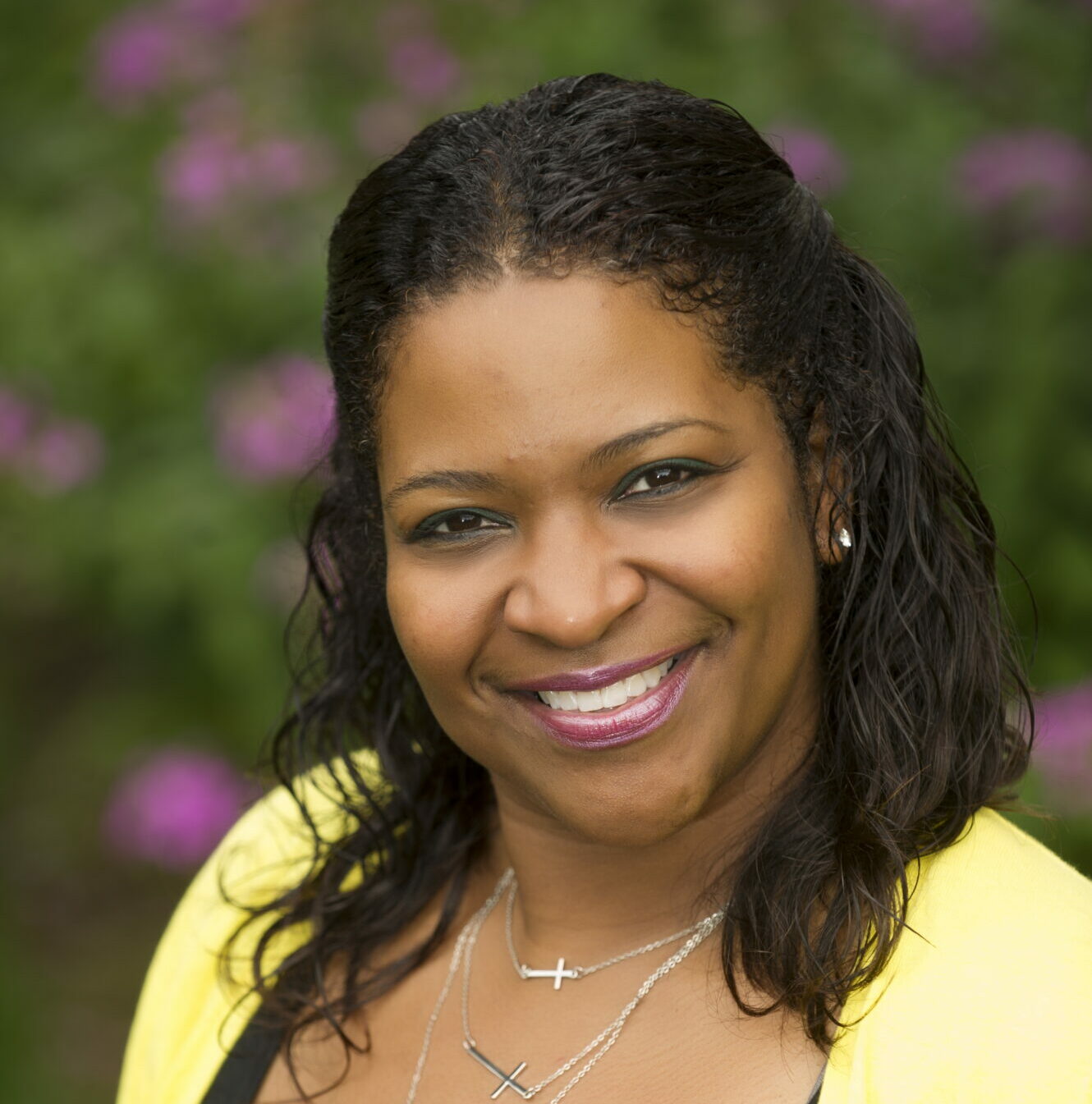
Partner Teacher, Pre-Kindergarten
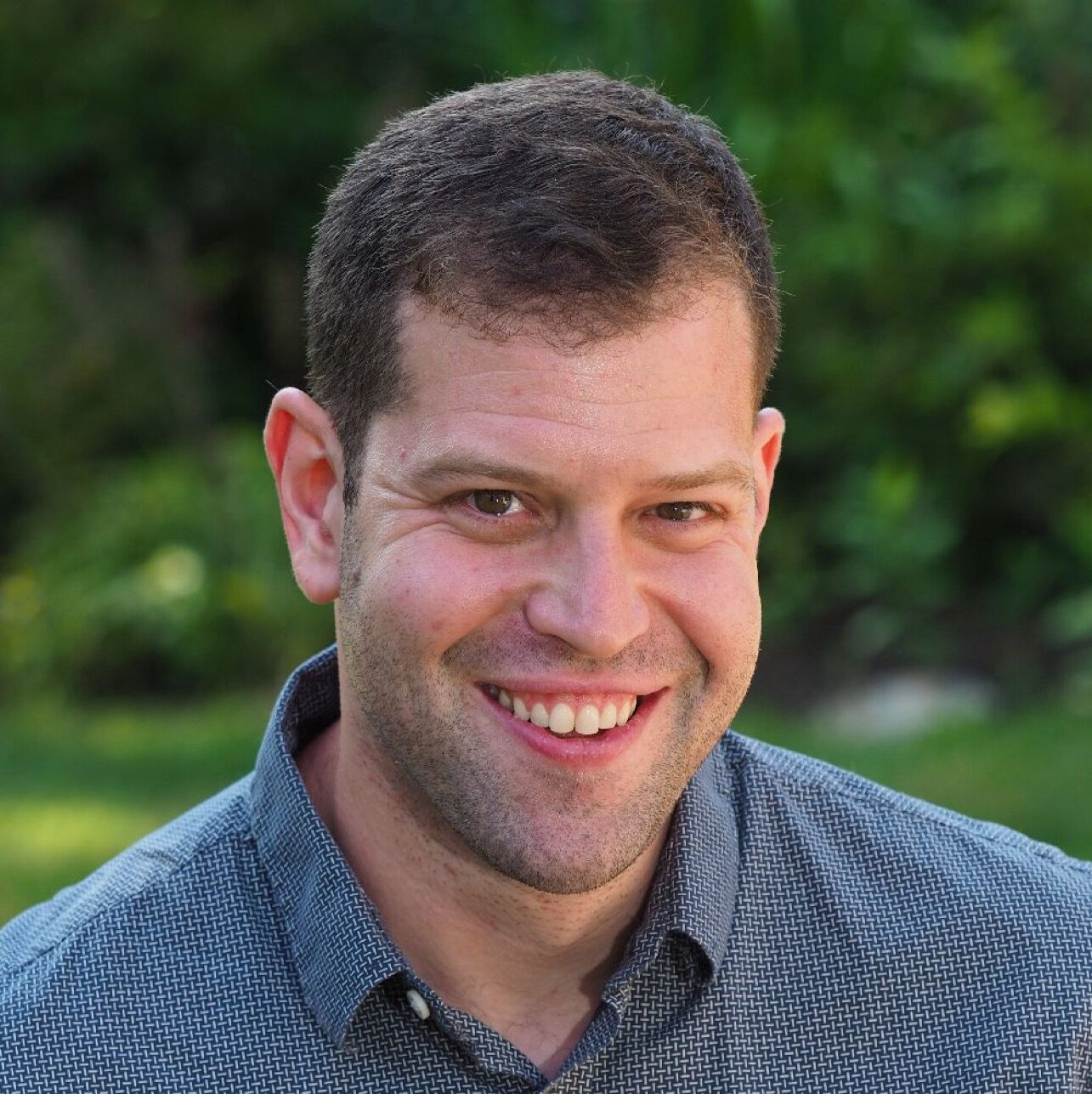
Partner Teacher, Pre-Kindergarten
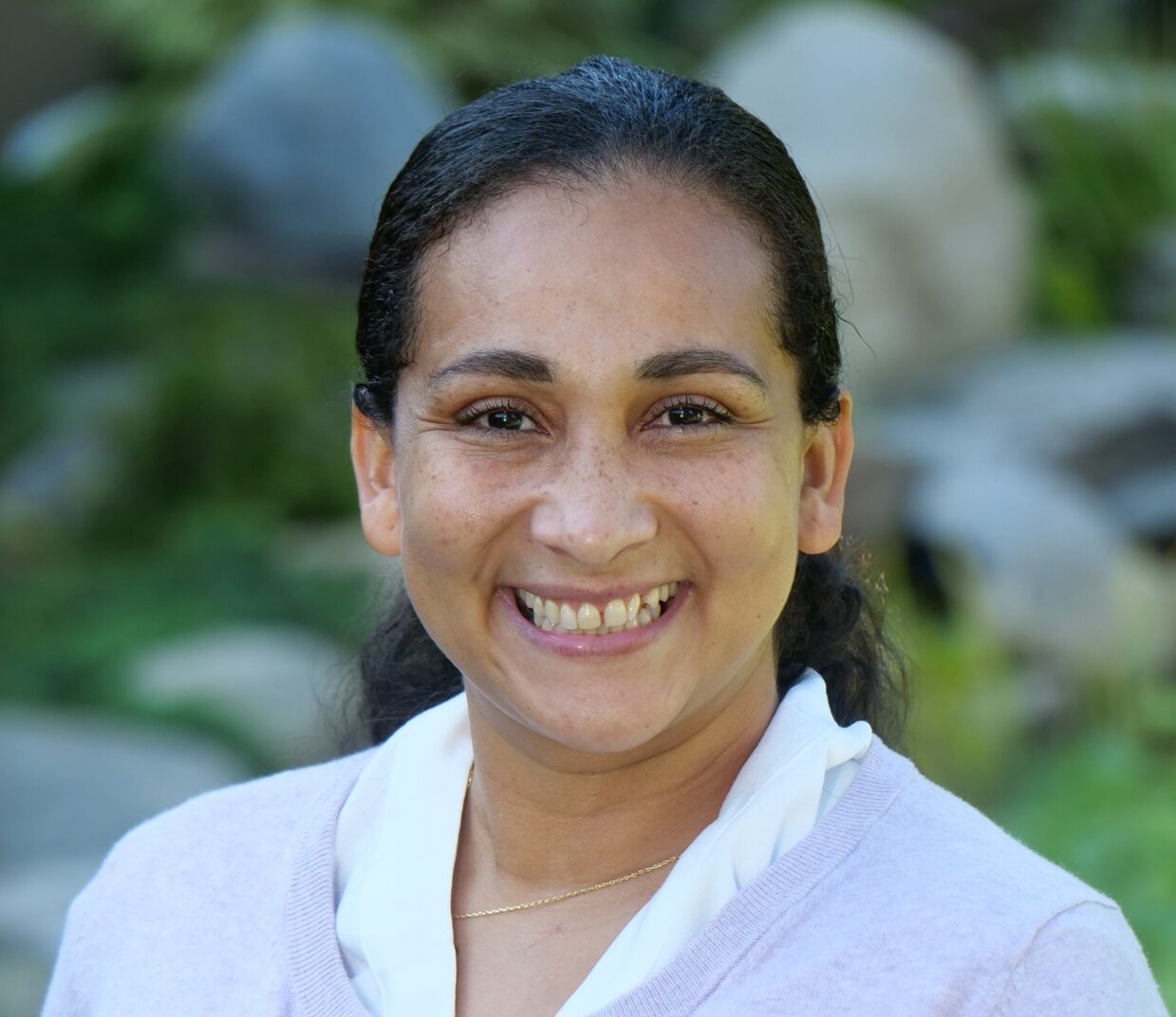
Partner Teacher, Pre-Kindergarten
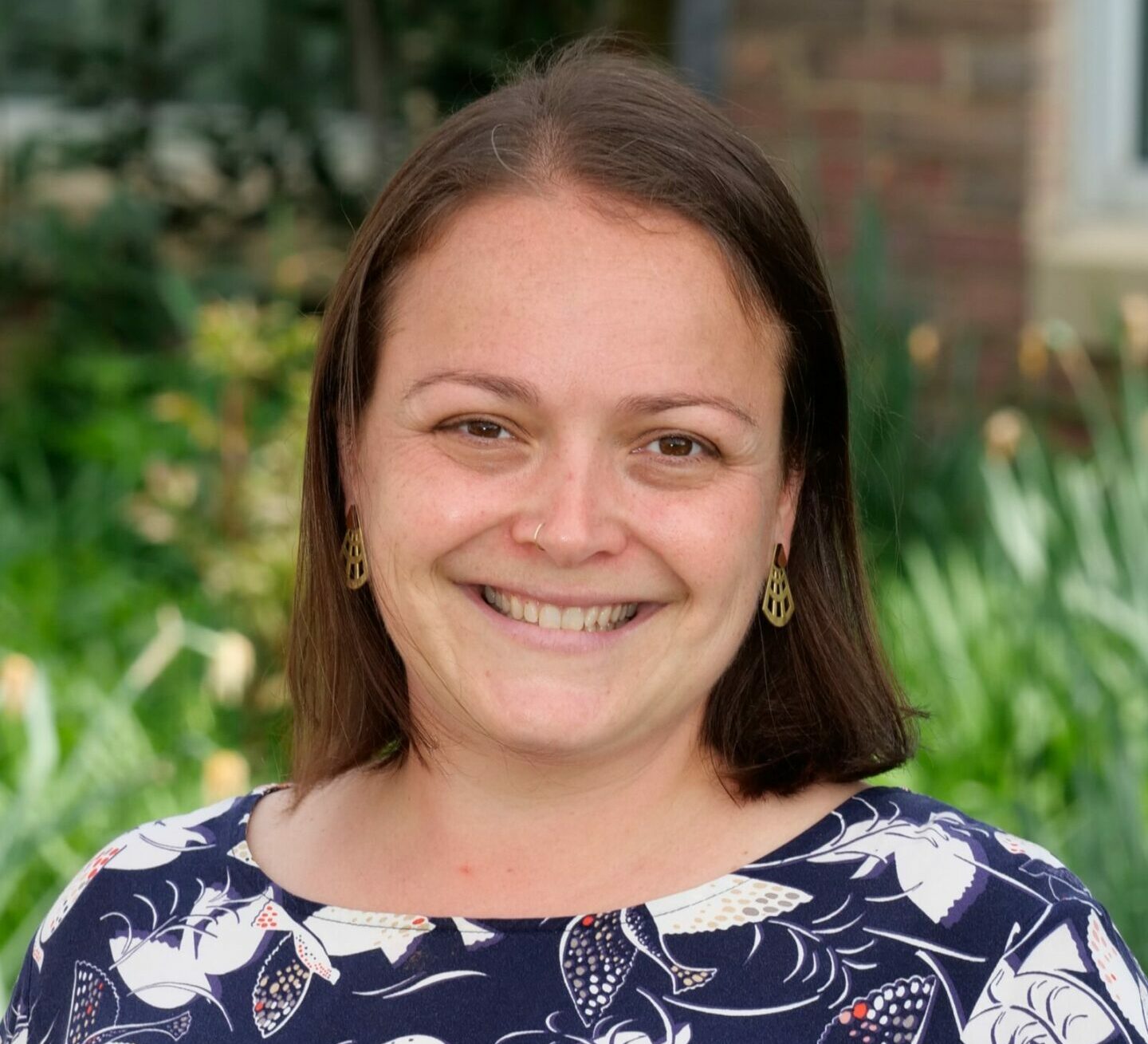
Partner Teacher, Pre-Kindergarten
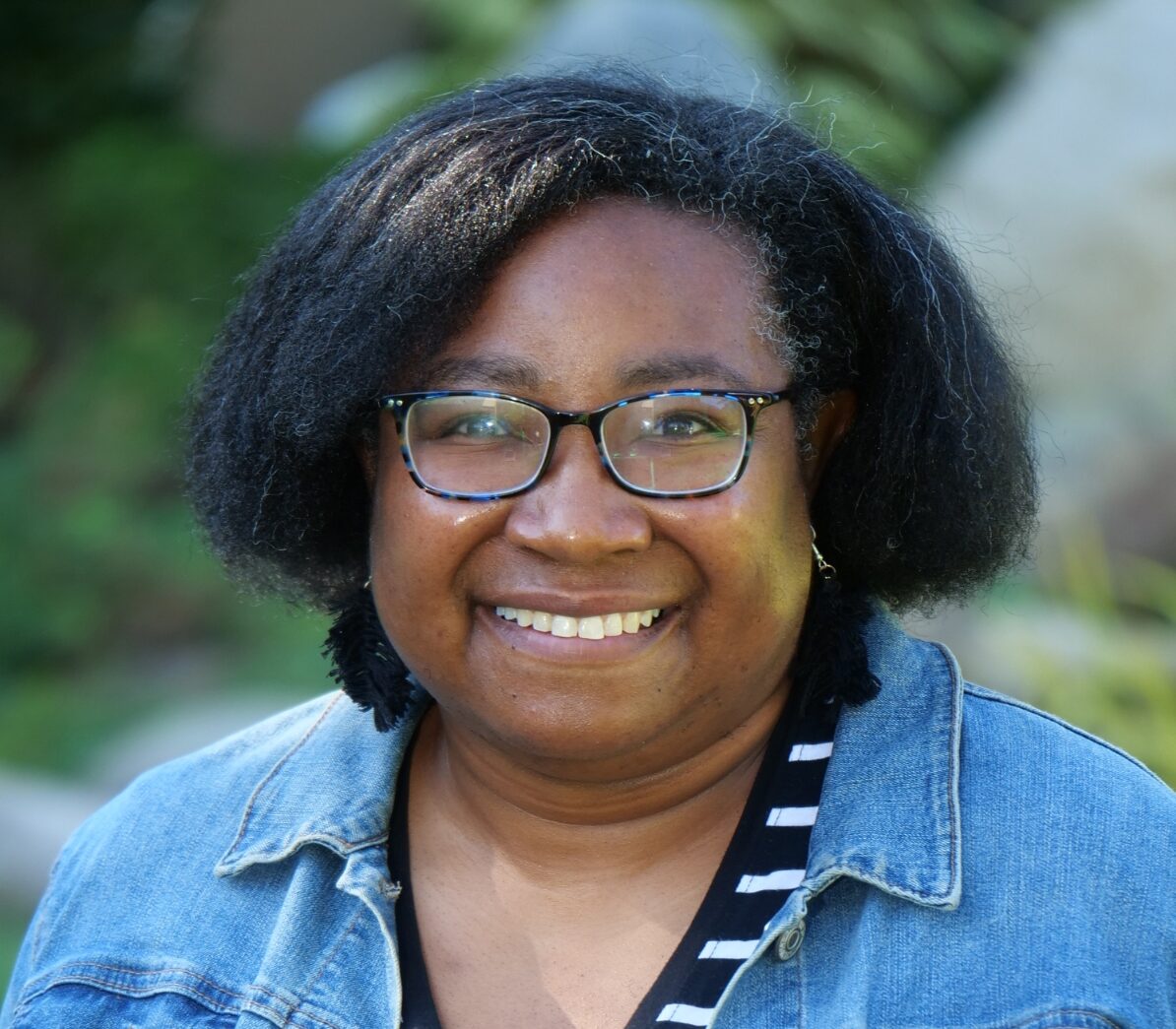
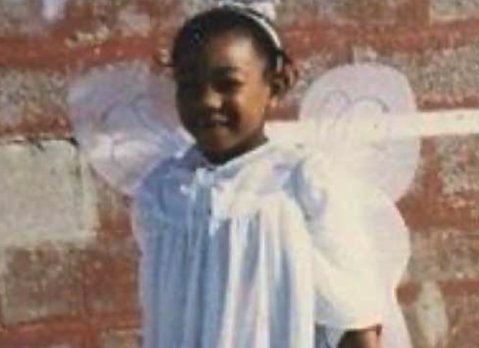
Partner Teacher, Pre-Kindergarten
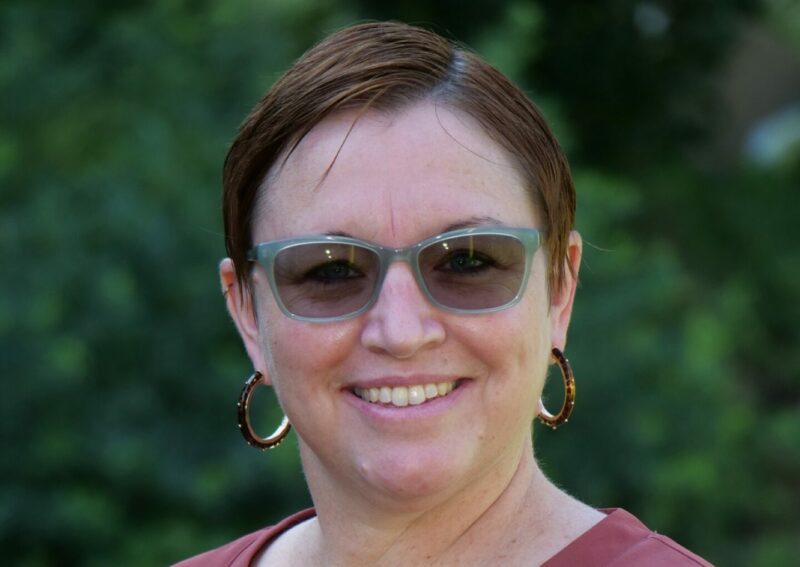
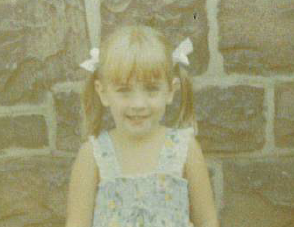
Head of Early Years, ELC and Pre-Kindergarten
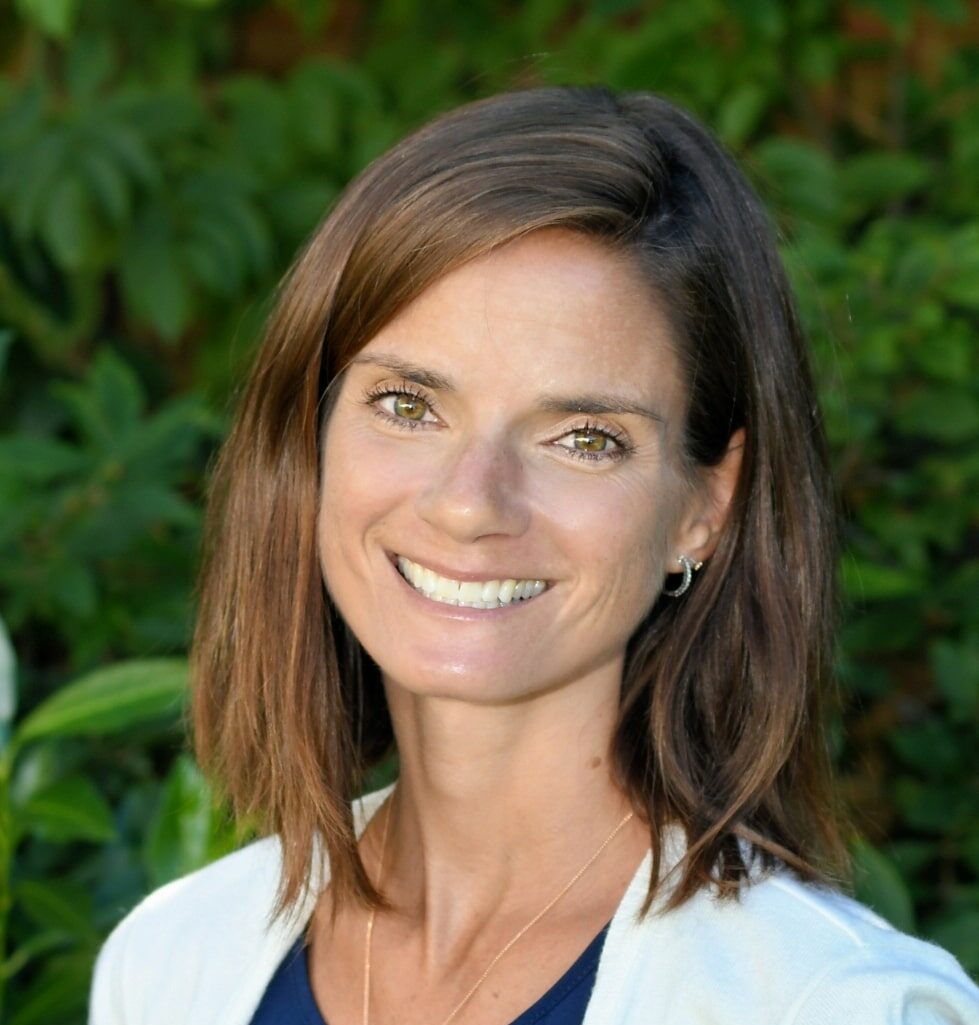
Partner Teacher, Pre-Kindergarten